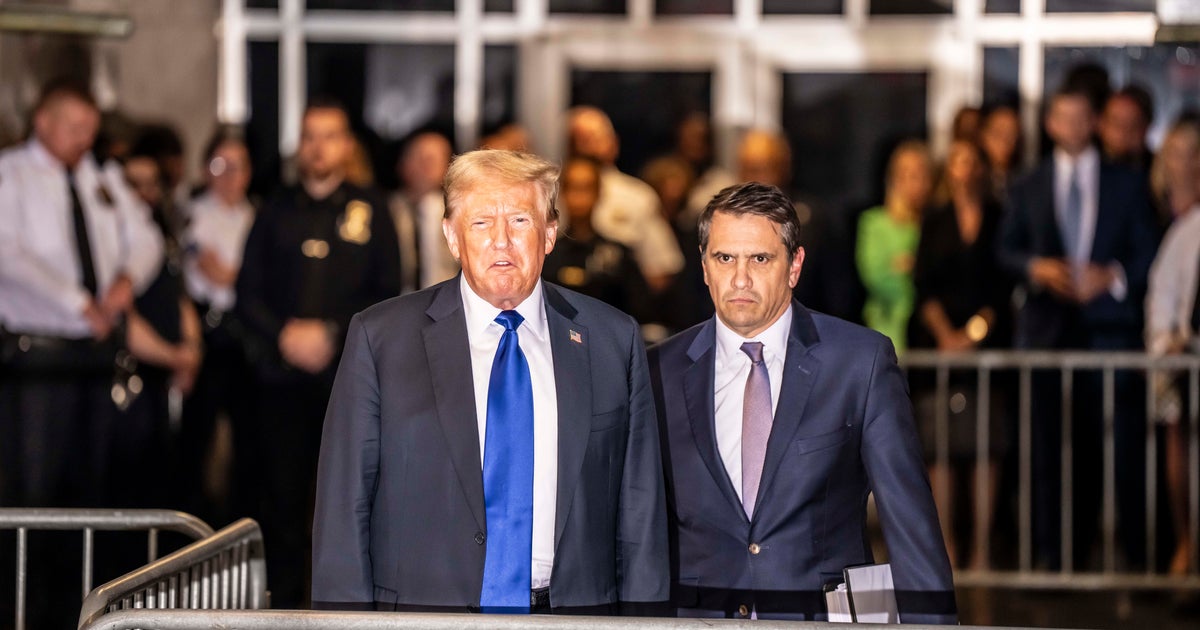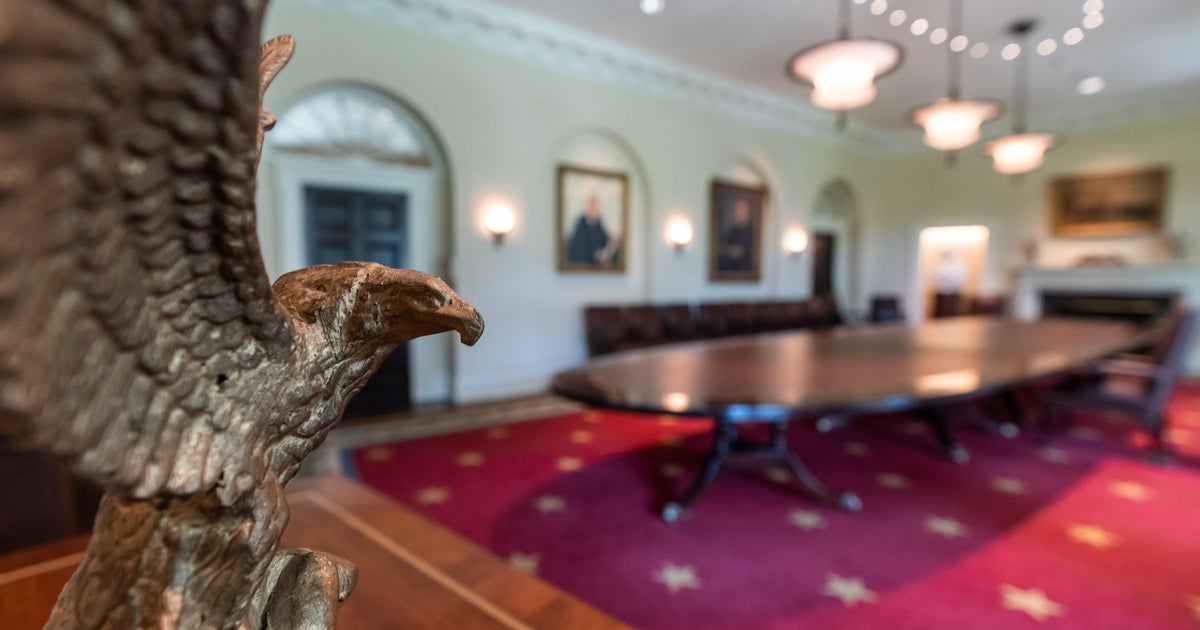Appeals court agrees to speed up Justice Department's appeal of order appointing outside arbiter in Trump documents dispute
Washington — A federal appeals court in Atlanta agreed to speed up consideration of the Justice Department's appeal of a lower court order appointing an outside legal expert to review the documents seized by the FBI at former President Donald Trump's Florida residence.
The U.S. Court of Appeals for the 11th Circuit granted the request from federal prosecutors to shorten the timeline for the Justice Department and Trump's lawyers to file briefs in the dispute. The former president opposed the request, arguing in a filing to the 11th Circuit on Monday that he would be prejudiced if the appeal were expedited.
Under the schedule set by the court, federal prosecutors must file their initial brief by Oct. 14, and Trump's team has until Nov. 10 to submit its response. If the Justice Department wishes to reply, it has until Nov. 17 to do so. No extensions will be allowed, the court said. Previously, the court's schedule provided that federal prosecutors were to file their initial brief by Oct. 19, with Trump's lawyers to respond by Nov. 18, and the government to file its reply by Dec. 9.
Federal prosecutors had suggested a slightly shorter timeline than what the court set. Under their proposed schedule, Trump's team would have had until Nov. 4 to respond to the Justice Department's opening brief, and prosecutors would have had until Nov. 11 to reply. Justice Department lawyers asked the court to schedule oral arguments "at its earliest convenience."
The one-page order from Judge Adalberto Jordan, who sits on the 11th Circuit, also noted that after consultation with the circuit's chief judge, the appeal will be assigned to a "special merits panel from the classified appeals log" randomly selected by the clerk of the court. The panel will decide when to hear oral arguments, during which attorneys for both Trump and the Justice Department will face off to present their case.
In their filing opposing the faster review, Trump's lawyers argued the "extraordinary circumstances herein presented — an investigation of the 45th President by the administration of his political rival — would countenance against any rush to judgment."
"No good cause has been shown as to why President Trump should have significantly less time than the government and less time than that provided under the rules to prepare and brief his arguments before this court in this unprecedented case," Trump's legal team wrote Monday.
They also requested the court hold oral arguments in January 2023 at the earliest.
But the government argued for an expedited appeal because there's no need to "analyze an extensive factual record," it wrote Friday in its request to the 11th Circuit.
Prosecutors said there are two questions they want considered: 1) whether U.S. District Judge Aileen Cannon was wrong in concluding she had the authority to grant Trump's motion for a special master; and 2) whether Cannon erred in barring the government from reviewing or using the documents seized from Mar-a-Lago in its criminal investigation.
The Justice Department is arguing in part that the lower court does not have the power to impede the investigation of a criminal proceeding, that is, its probe of whether Trump mishandled government records taken with him from the White House to Mar-a-Lago at the end of his presidency.
Trump sued the Justice Department in August after investigators executed a search warrant at his Florida residence earlier that month, seizing dozens boxes containing roughly 11,000 documents, including about 100 with classified markings like SECRET and TOP SECRET. In conjunction with the lawsuit, Trump's legal team asked Cannon to both appoint a special master to review the seized materials for any privileged documents and prevent investigators from using the materials in their probe pending that review.
Cannon granted Trump's requests over opposition from the Justice Department, appointing Judge Raymond Dearie, who serves on the U.S. district court in Brooklyn, as special master and stopping the FBI from using the documents in their probe. The Justice Department appealed that decision and obtained a stay, successfully convincing a three-judge panel on the 11th Circuit to unanimously agree that the 103 documents with classified markings seized from Mar-a-Lago should be used in the ongoing criminal matter even as the special master review got underway.
Trump on Tuesday asked the Supreme Court to intervene and allow the special master to review the sensitive records. The former president did not, however, request the high court stop federal investigators from using the document bearing classification markings in their ongoing criminal probe.



